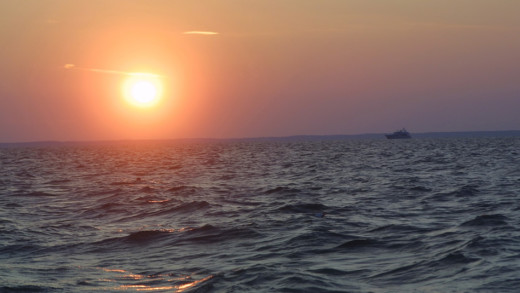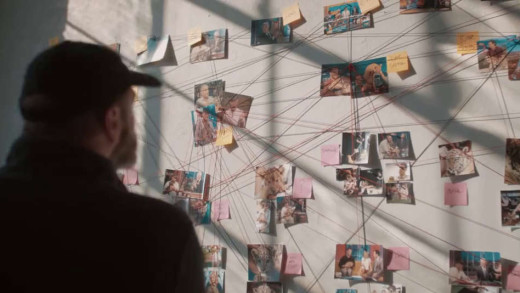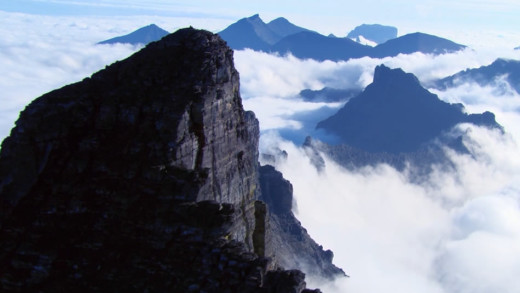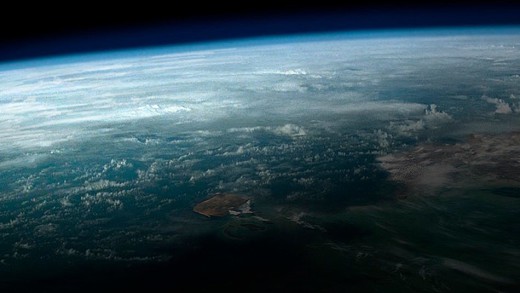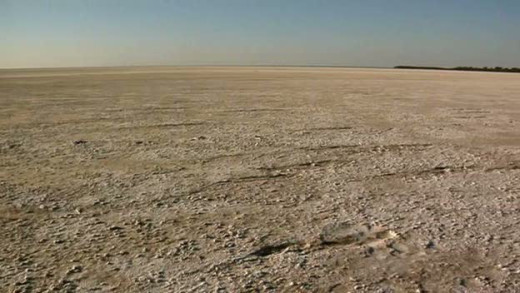Poisoned Waters investigates some of the root causes of what we see worldwide with ecological collapse, dead-zones and pollution effecting oceans, rivers and watersheds. With a focus on major waterways in the United States such as the Chesapeake Bay and Puget Sound, the film follows the culmination of decades of evidence that today's systemic and growing environmental collapse comes not only from the toxic activities of industry, agriculture and massive suburban development; but also from the permeated satiety of chemicals in prolific consumer products such as face-creams, deodorants, prescription medicines and household cleaners. This is a startling reminder of the compounding threat facing our world and the need to act imperatively.
The Conservation Game follows the story of Tim Harrison, an Ohio cop who stumbles upon a bombshell discovery while undercover at an exotic animal auction. He starts to suspect that America's top television celebrity conservationists may be secretly connected to the exotic pet trade. As his investigation leads deeper into the secret world of the big cat trade, Tim and his team take their fight to the halls of Congress, pressing lawmakers to pass federal legislation that would end the private breeding and exploitation of these endangered animals. But when opposition comes from an unexpected source, Tim is forced to face the demons of his own past, while wrestling with the consequences of exposing his childhood hero.
Planet Earth is a comprehensive series of eleven episodes that each feature a global overview of a different biome or habitat on Earth.
The Planet is a stylised observational video commentary that brings together an overview of the many global changes set about by industrial civilisation. Viewed through the myriad connections between consumerism and the false notion of a perpetually expanding economy on a finite planet, the film peers across the globe to reveal systemic exploitation; species extinction driven by industrial agriculture, logging, mining, manufacturing, pollution, the age of oil and plastic, etc; climate change; carrying capacity and population growth; while also positing that we—as in you and me—can do something, anything, to stop the destruction.
Made from the same elements as stars, plants, food and human beings, dirt is very much alive and very much just as complex. One teaspoon of dirt contains a billion organisms working in balance to sustain a series of thriving communities that have become pretty much totally invisible to our daily lives. Dirt -- The Movie tells the story of Earth's most valuable and underappreciated source of fertility, from its miraculous beginning to its tragic degradation...
For years, regulatory agencies and environmental groups have insisted that the increase in whale deaths off the East Coast of the United States has nothing to do with the rapidly-expanding wind industry's high-decibel pile driving, sonar mapping, and boat activities, to install wind-harvesting facilities for electricity generation. Thrown To The Wind travels to parts of the ocean where these activities are underway, to investigate these claims, showing that indeed these industrial activities are impacting critically endangered species in profound ways--which are being systematically ignored, while the climate and ecological crisis rages.
